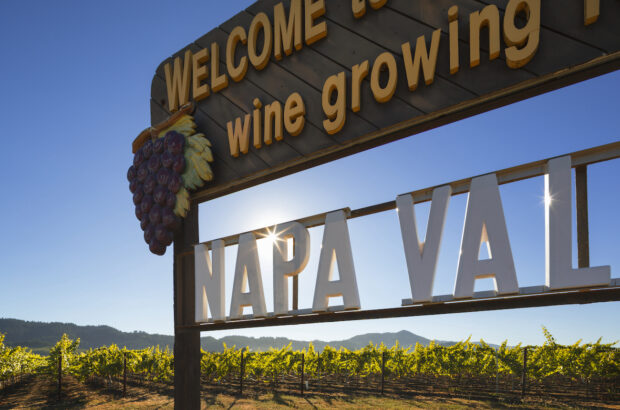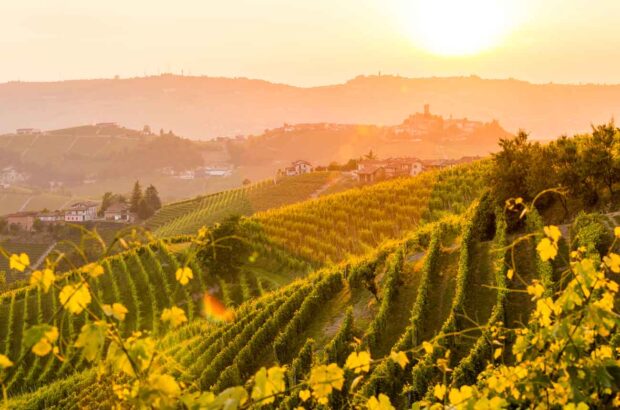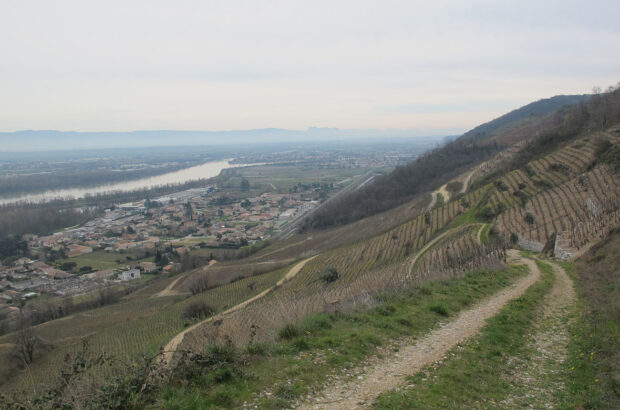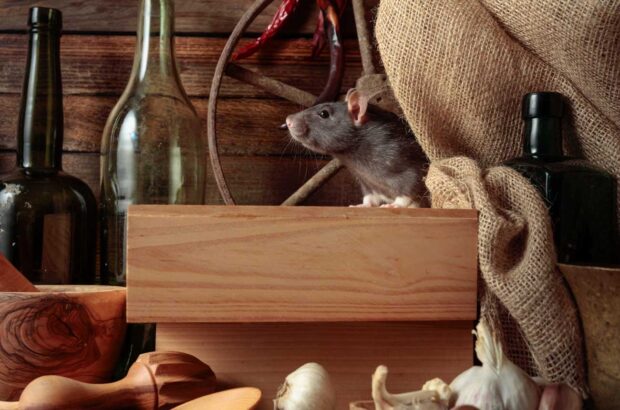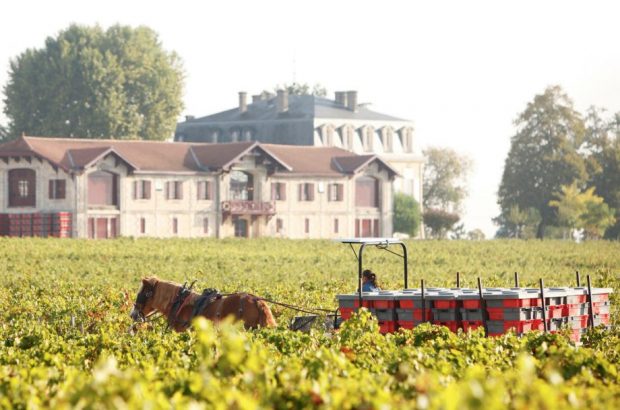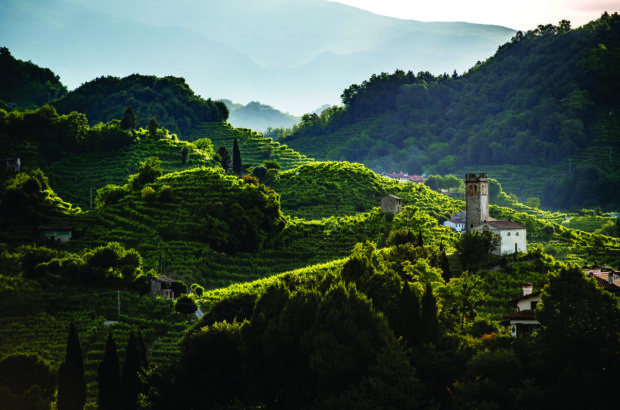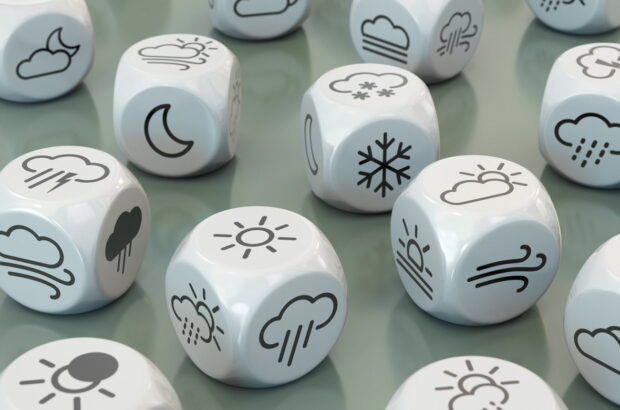Kimberly Nicholas PhD (@KA_Nicholas) is a sustainability scientist at Lund University, and author of Under the Sky We Make: How to Be Human in a Warming World
Our 2020 research found that how fast we succeed at stopping warming will determine how much of the wine-growing regions and their characteristic varieties we love will remain in our lifetimes. Changing to warmer-climate varieties can help limit losses, but there are limits to adaptation. An ounce of prevention is worth a pound of cure.
You have many possible ways to act: as a consumer, a community member, and as a citizen. What is not an option is standing on the sidelines until it’s too late.
The science of climate change is clear: It’s warming. It’s us. We’re sure. It’s bad. We can fix it.
The goal of the Paris Agreement is to stop global warming well below 2°C above pre-industrial temperatures, and pursue efforts for 1.5°C. Limiting warming to 1.5°C will require walking a razor-thin tightrope, and the window to do so is rapidly closing. Our only chance to do so is to cut global emissions in half over the next 100 months. It’s a big task, but stopping warming fast is critical for survival: of low-lying island nations, of species and cities, and quite possibly, of your favourite wine.
So what can a wine lover do to tackle climate change?
If you are reading this magazine, you are very likely in the ‘carbon elite’, and that means your consumer choices matter. While more than 70% of industrial climate pollution is produced by fossil fuel companies (who need to rapidly transition to fossil-free clean energy companies if they want to stay in business), more than 70% of total emissions come from household consumption.
According to a 2020 report (‘Bridging the Gap’, Climate Outreach UK), if you earn US$38,000 (£27,900) or more, you’re in the top 10% of climate polluters globally, with average emissions 10 times the sustainable level. If you earn $109,000 or more, congrats – you’re a top 1% climate polluter, and your carbon footprint is 30 times over the sustainable limit.
Almost half of a high-emitting household’s climate pollution comes from flying in planes; nearly a quarter comes from using cars. High-emitting individuals cause 10 times more climate pollution from flying than from a year of eating and drinking. So as a consumer, by all means, support lighter wine packaging. But please, spend more time rethinking your travel habits and trying to eliminate flying and driving as much as possible (climate savings: up to 30,000 kg CO2e) than you do agonising between two wine bottles (climate savings: about 0.1kg).
Put another way, with the climate pollution you save from skipping one economy class round-trip flight from NYC to London, you could reward yourself with more than 1,250 bottles of fine wine!
Push for change
You also hold tremendous power in your community: your neighbourhood, workplace, school, wine club or interest organisation. Set a science-based climate target, committed to do your fair share to rapidly reduce your organisation’s emissions. Build coalitions across your industry and supply chain to work towards becoming fossil-free as fast as possible, like the International Wineries for Climate Action.
Research shows that positive leadership is contagious; daring to go first, and sharing your story with others, ripples outward and inspires and paves the way for others.
As a citizen, you also hold enormous power. World governments are currently failing to meet their Paris promises; they need to replace fossils with clean energy much faster to hold up their end of the bargain.
Current global climate policy is headed for a catastrophic 3°C of warming. Vote for politicians with bold climate policies. Electing women has been shown to reduce emissions. Give your money and time to organisations working for a fast and fair transition to clean energy, like 350.org.
Wine lovers are a powerful group. We share something we love deeply that is worth saving. Many of us have the money and privilege to engage in powerful climate action, but currently most of us aren’t putting it to use for good.
Please, as a climate scientist and a wine lover, knowing what is at stake, I beg you: put your time, money, and effort towards averting climate catastrophe starting today, when it matters most.
In my glass this month
I recently had the chance to try a glass of Michael Gindl’s, biodynamic, cool-climate Austrian red Nanu!? Zweigelt, Weinviertel, Austria 2016 on the lovely patio of a new wine bar in Lund, Sweden called Kyrkogatan Fem. It presents with a combination of smoked plum, salami and the bracing minerality of cold spring water, evolving into notes of redcurrant and leather. An excellent way to hold the last glimpses of summer in a glass.



